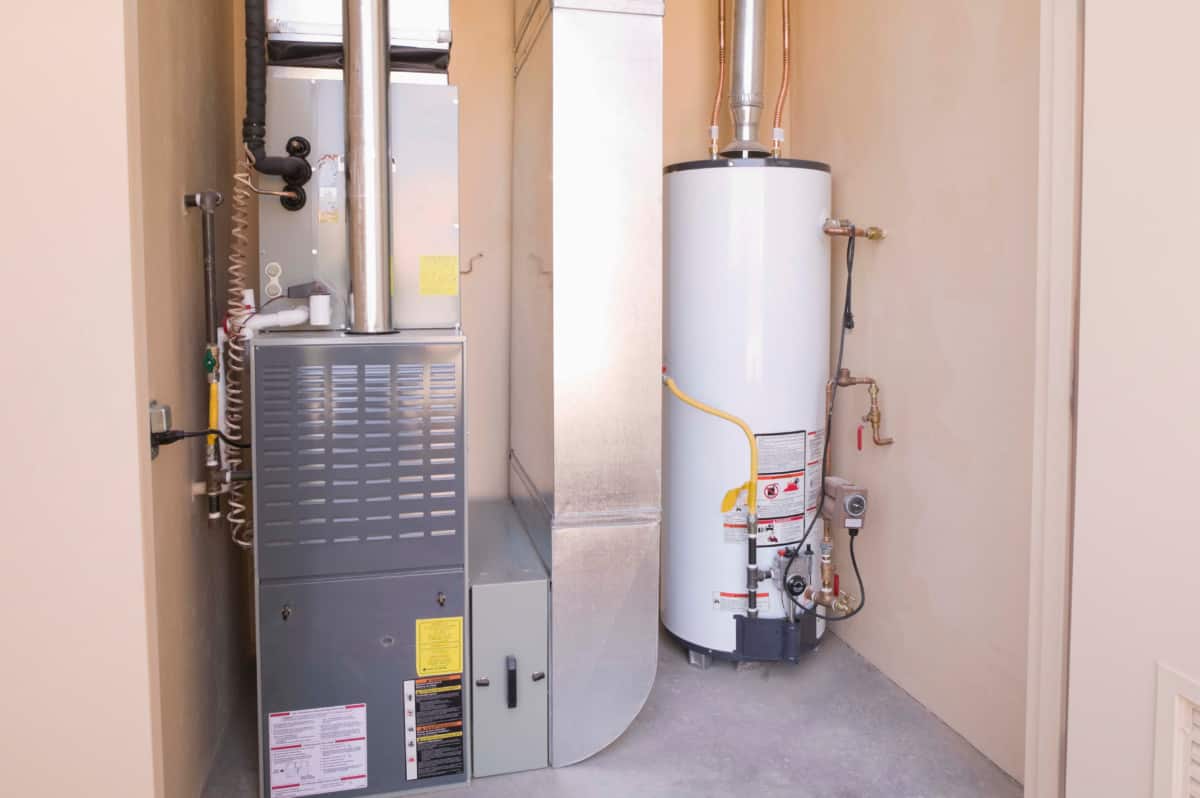Handling the Usual Hot Water Heater Emergency Challenges
Handling the Usual Hot Water Heater Emergency Challenges
Blog Article
What are your thoughts regarding Common Hot Water Heater Problems?

A hot water heater is among one of the most important fundamental devices that can be found in a residence. With water heaters, you don't need to undergo the stress and anxiety of heating water manually each time there is a requirement to wash, wash, or the meals. There is constantly an opportunity that your water heating unit would act up as with many mechanical devices.
It is necessary to note any type of little breakdown and tackle it swiftly prior to things leave hand. Most times, your water heater begins to malfunction when there is an accumulation of sediments as a result of continuous use. As a preventative measure, periodic flushing of your water heater is suggested to avoid debris build-up and also prevent functional failure.
Common water heater emergencies and just how to take care of them
Dripping hot water heater storage tank.
A leaking storage tank could be a sign of rust. It could create damages to the flooring, wall as well as electric tools around it. You could even be at danger of having your apartment or condo swamped. In this circumstance, you must switch off your water heater, allow it to cool off, as well as meticulously seek the resource of the trouble. Sometimes, all you need to do is to tighten a couple of screws or pipe connections in cases of small leaks. Yet if this doesn't work and the leak lingers, you may need to use the solutions of a service technician for a proper replacement.
Changing water temperature level.
Your water heater can start generating water of different temperature levels typically ice scalding or cool warm. There might be a requirement to change either the thermostat or the heating device of your water heater.
Insufficient warm water
Handling an inadequate supply of warm water can be frustrating. It may be that the hot water heater can not support the hot water demand for your apartment. To handle this trouble, you might attempt to adjust your heating unit's temperature dial and wait on a couple of mins. If the trouble persists, you can request the assistance of an expert plumber. Alternatively, you could update your hot water heater to one with a bigger capability.
Tarnished or stinky water
When this takes place, you need to know if the concern is from the water or the storage tank source. If there is no funny scent when you run chilly water, then you are particular that it is your water heating system that is faulty. The odiferous water can be triggered by corrosion or the build-up of bacteria or debris in the water heating unit tank.
Final thought
Some homeowners overlook little caution and minor faults in their hot water heater unit. This only brings about more damage as well as a feasible complete malfunction of your appliance. You must manage your water heater faults as quickly as they come up to prevent even more expenditures and unnecessary emergency difficulties.
With water heaters, you don't need to go with the anxiety of home heating water manually every time there is a demand to take a bath, do the washing, or the recipes. Your water heater could start producing water of various temperatures normally ice cold or scalding warm. It might be that the water heating unit can't sustain the warm water demand for your apartment or condo. If there is no funny odor when you run chilly water, after that you are particular that it is your water heater that is faulty. The odiferous water can be caused by rust or the buildup of bacteria or sediments in the water heating unit container.
Common Water Heater Issues and What You Should Do
What Type of Water Heater Do You Have?
Before we begin it’s first important that you identify the type of water heater you have on your property. There are two main types of water heaters out there: conventional and high efficiency.
Both of these types of products typically use either gas or electricity to heat power. There are also solar water heaters that use a thermal collector on the roof or yard to heat the water.
While these models are not as common, they can cut heating costs in half. In this article, we will focus on conventional and high efficiency.
How Do My Electric and Gas Water Heater Work?
Though they look similar, electric and gas water heaters work very differently. It’s important to know their basic function because often problems can be specific to the heating source.
In the electric model, a thermostat on the side of the machine detects the temperature of the water in the tank. When the temperature needs to rise electricity flows to a heating element suspended in the water.
Gas models also use a thermostat device — typically with a mercury sensor at the tip and an additional sensor called a thermocouple. The thermocouple detects whether the pilot light is on and controls the flow of gas.
When the thermostat drops below the appropriate level gas is released which becomes ignited by the pilot light. The flame heats the bottom of the water tank which causes hot water to rise and cold water to drop.
This natural circulation continues until the water reaches the desired temperature. Then, the thermostat triggers the gas control valve to shut off the flow of gas.
What Are the Most Common Issues and How Do You Fix Them?
https://happyhiller.com/blog/common-water-heater-issues-and-what-you-should-do/

I'm very serious about Is Your Water Heater Leaking? and I'm hoping you enjoyed reading the page. Do you know another person who is interested by the niche? Do not hesitate to share it. Thank you for your time invested reading it.
Excellence? Just call! Report this page